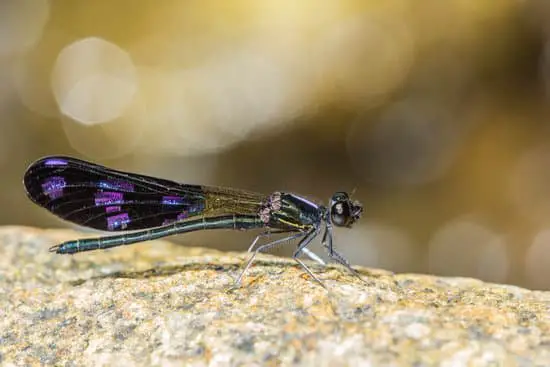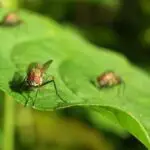Do Flies Have Taste Buds?
If you have ever wondered if flies have taste buds, you are not alone. Many insects have unique taste receptors that help them choose food, mates, nest sites, and eggs. They also use taste as a way to judge the nutritive value of substances. In addition to helping them make better food choices, flies also use taste receptors to detect toxic compounds.
Flies have five gustatory response neurons. Four of them are called A GRNs and the fifth is called E GRN. The E GRN responds to low salt levels. The other three are known as B and C GRNs. These cells are responsible for sending sensory information to the brain.
Flies also have a special sour taste receptor, which helps them choose food. The discovery of this receptor may have important implications for the study of human taste and disease prevention. The fly receptor for acidity, OtopLa, is related to an otopetrin found in humans.
Fruit flies can taste amino acids. The females exhibit a preference for cysteine and phenylalanine, while males prefer histidine and leucine. The flies do not respond to 18 standard amino acids, but they can recognize L-canavanine and avoid it. This reaction is associated with the presence of certain receptor proteins, such as Gr8a and Gr66a.








